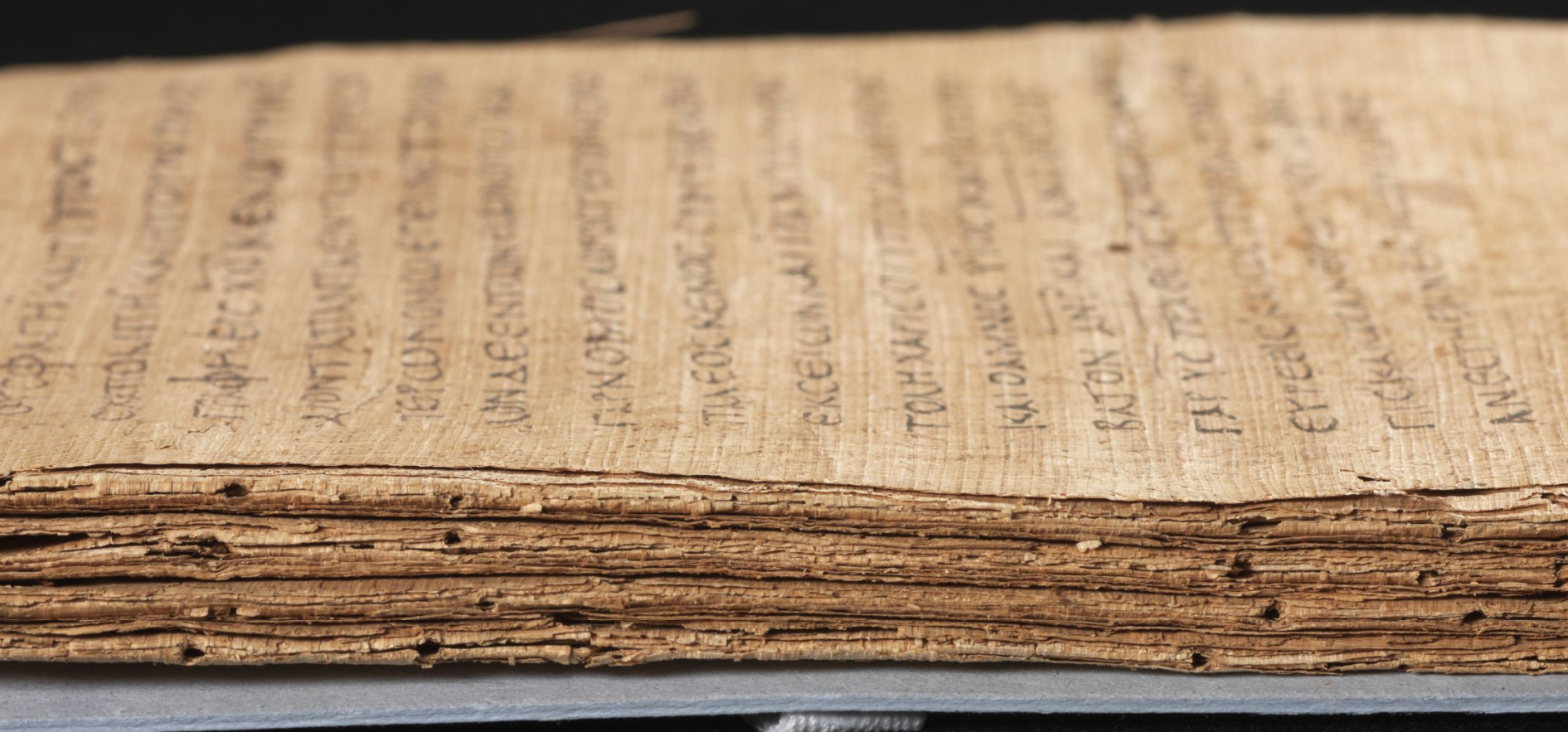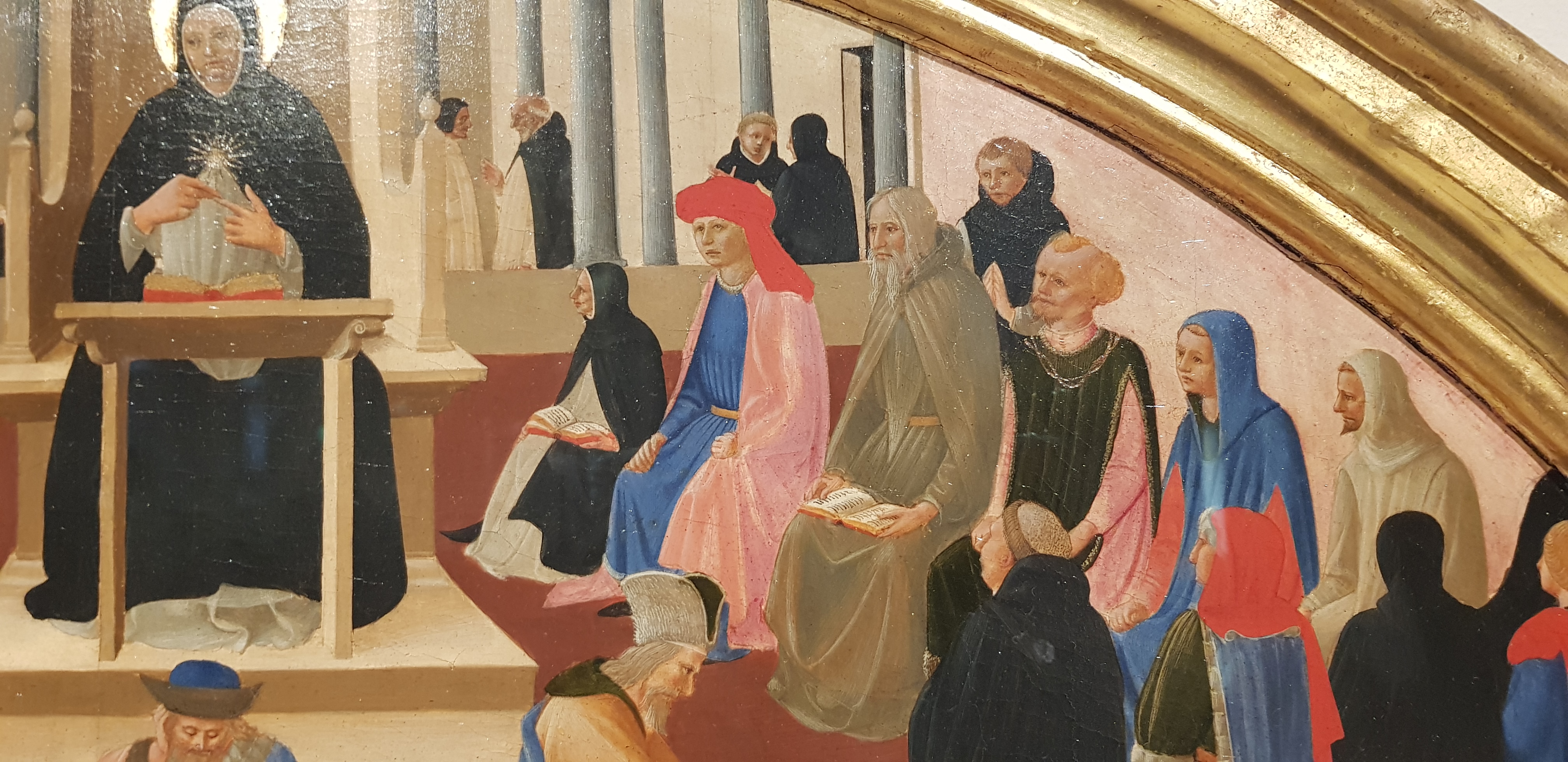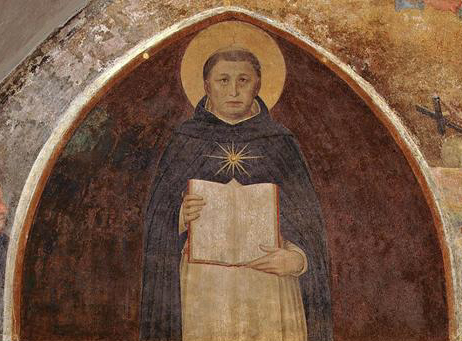
Resources to help you think about the impact of stress upon you and upon the clergy in your archdeaconry

Available to clergy from any Episcopal Area.This course is designed for parochial clergy who serve under Common Tenure or Freehold. It is also suitable for employees and sector ministers.
This course will be delivered on Zoom. It will run from 9.30am - 12 noon.
There is 30 minutes preparation to do before the course starts.
The tutors are Adrian Judd, an experienced parish priest and expert in Occupational Health and Safety for Faith Workers and Rob Harper an experienced union learning representative.
Course programme:
9.30am Welcome, ground rules and introductions (possibly in groups - maximum 16 people per course)
10am 5 minute comfort break
10.10-10.30am Presentation about stress and its effects
10.30-10.40 Coffee break
10.40-11.15 Body mapping (which is send to people before hand to complete) discussion in groups then discussion together
11.15-11.45 HSE Stress Management Standards presentation
11.45-12 noon discussion about applying the standards (eg parish profiles and expectations)
Location Online on Zoom
Dates 11th January
Type of course Clergy Training
Leader Adrian Judd, Rob Harper

The Odes of Solomon are a collection of 42 Christian hymns from the late first or early to mid second century. They were composed in Syria and known from Egypt to Rome. They celebrate Christ as the Logos, the Virgin Birth, the Trinity, the crucifixion and descent of Christ into Hades. Discover these Odes and their meaning. In this course you will consider the evidence and reach your own conclusions about the nature and purpose of the Odes and their theology. What was their purpose? What setting were they used in? Join me in this Biblical detective work, comparing them with New Testament texts, particularly the Gospel of John. A major part of this course is learning to do exegesis. This is a key skill in understanding the meaning of the Odes and of the Bible. It is useful in preaching, teaching, and in completing other Biblical studies courses and modules.

Journey through the mind of Thomas Aquinas as you read the Gospel of John. This course introduces you to the theological thinking of the 'Angelic Doctor'. It does this through the notes on his lectures on John's Gospel at the University of Paris, and through the notes that he made on the different chapters and verses of John's Gospel from important figures in Church History. You will learn how to identify different meanings of Scripture from his writings, and also how to evaluate his commentary. Reading works about Thomas Aquinas can be rather dull. Reading Thomas himself is always a journey of exploration: searching for the nuggets of gold in the vast tracts of his writings. His Biblical theology is far from dull and he brings out the following meanings of the Gospel: the literal or historical meaning; the spiritual meaning, which can be either allegorical or moral; the apologetic meaning, in which the faith is defended; and the doctrinal meaning in which the truth of the Catholic faith is expounded. Thomas is far from boring. This course will skip over his philosophy, which is the cause of centuries of uninspiring misunderstandings in seminaries and colleges, and you will get to know Thomas the Biblical theologian and compare his exegetical methodology with that of a modern Biblical scholar. Thomas is sometimes overlooked for his Biblical scholarship, yet it is precisely there that the light of Christ shines most clearly.

This course is an introduction to Thomas Aquinas, his life and his thought. It requires no previous knowledge of philosophy, history or theology. Thomas is introduced as a boy and learner, as a son of a Count, as a Benedictine pupil at Montecassino, and as a Dominican monk and professor at the University of Paris. Become familiar with his identities as a philosopher, theologian and Biblical scholar and deepen your understanding of faith through reflecting on his writings. Thomas Aquinas is often presented in technical language that is hard to understand even for theologians. This course does not do that.
If I were a fifteenth-century Dominican chronicler, I would now emphasize that this book is a shapeless product of a little talented person written in a plain style with simple words. I would humbly ask my readers to improve the findings presented in this book and to take up the work that is left unfinished (Huijbers, 2018).
Denys Turner warns his readers:
"The main danger is supposing the thing to do is get a mind on the scale of Thomas's into your head ... inevitably the result is but to cramp the one and cause splitting headaches in the other. The only safe thing to do is to find a way of getting your mind into his, wherein yours has room to expand and grow, and explore the worlds his contains." (Turner, 2013, 2).
This course will enable you to explore his mind and to learn
from Thomas Aquinas. The Dominican motto contemplata
aliis tradere, which means contemplate and hand
over to others is from Thomas, and this motto summarises the aims of the
course.
A prayer from Thomas Aquinas: Grant to me, I beseech you O merciful God, that
I ardently desire the things that are pleasing to you, investigate them
prudently, discern them truly, and fulfill them perfectly, for the praise of
your name. Amen
